NATO final document - Acknowledgement of liberation of Azerbaijani lands - COMMENTARY
- 15 June, 2021
- 10:54
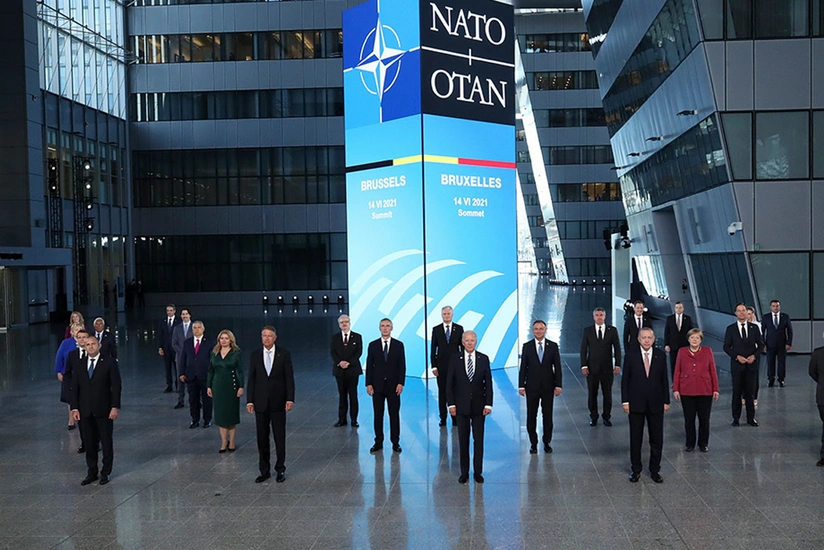
Azerbaijan attaches great importance to cooperation with international organizations in its foreign policy. One such organization is NATO. Azerbaijan and Alliance established a meaningful partnership on May 4, 1994, with the signing of the Partnership for Peace: Framework Document. In 1997, Azerbaijan joined the SNT Planning and Analysis Process.
In 2001, Azerbaijan conducted a multinational military exercise, "Resolute Cooperation - 2001". The following year, Azerbaijan sent an army unit to Afghanistan to support NATO forces. In 2003, Azerbaijan joined the Virtual Silk Road, and at the Istanbul summit the following year, allied leaders paid special attention to the Caucasus. Then, a NATO special envoy and coordinator was appointed to the region. In the same year, President Ilham Aliyev presented Azerbaijan's first Individual Partnership Action Plan to NATO in Brussels. In 2005, Azerbaijan started cooperating with NATO under the Individual Partnership Action Plan, and so on.
NATO accepted the new realities created by Azerbaijan
Such facts show that Azerbaijan pays special attention to cooperation with NATO. The Alliance also defended the territorial integrity of Azerbaijan in its adopted documents.
After the Second Karabakh War, NATO agreed to a new situation in the South Caucasus. Secretary-General Jens Stoltenberg assessing the situation in the region in May this year, said: "We welcome the cessation of hostilities in and around Nagorno-Karabakh."
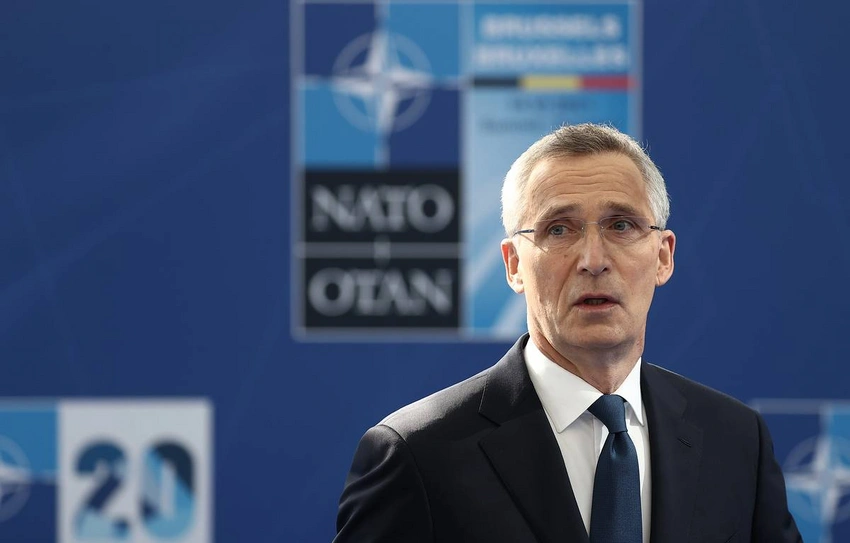
The traditional item was removed from the section on the South Caucasus in the final document of the NATO Summit in Brussels on June 14. Thus, in recent years, the final documents of the NATO Summits on the South Caucasus expressed support for Azerbaijan's independence, sovereignty, territorial integrity, and other countries in the region. Moreover, the document also supported the peaceful settlement of the conflicts in the South Caucasus within the existing negotiation formats by the norms and principles of international law, the UN Charter, and the Helsinki Final Act.
However, missing this issue in the final document suggests that NATO has agreed that the problems declared for years were resolved by clearing the occupied territories of Azerbaijan. In other words, the Alliance welcomes the territorial integrity of Azerbaijan and the settlement of the conflict. Based on this reality, NATO has abandoned its traditional "existing negotiation format" on the issue. It is a message to those who are trying to "negotiate," "mediate," and still use the term "conflict." It means that the conflict in Azerbaijan is over, and new conditions have been created.
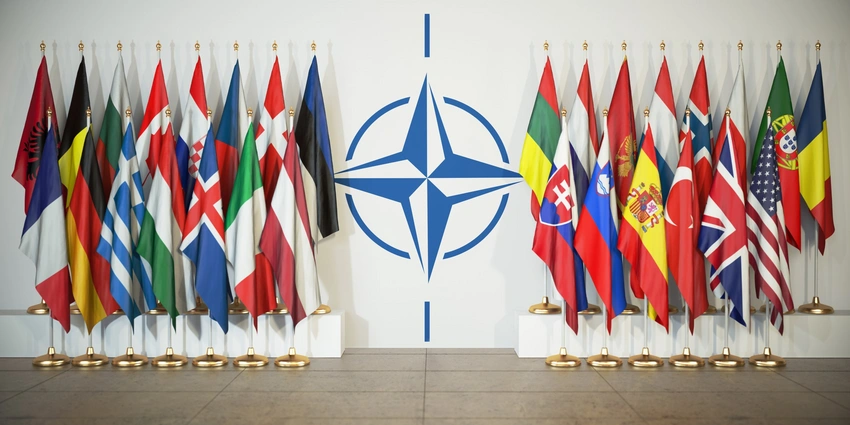
Azerbaijan has created favorable conditions for interested parties to cooperate in the region.
It also means that the international community recognizes that the historic victory of Azerbaijan in the 44-day war has created an entirely new reality in the region.
Ignoring the conflict can also be considered a message to those who again engaged in destructive activities in the region, defend Armenia, and try to revenge with the help of their patrons in this country.
The summit's final document gives grounds to say that NATO, as noted by the President of Azerbaijan Ilham Aliyev, has already confirmed the reality that the Armenian-Azerbaijani conflict is a thing of the past. From this standpoint, it is quite logical that NATO does not touch it in the document.
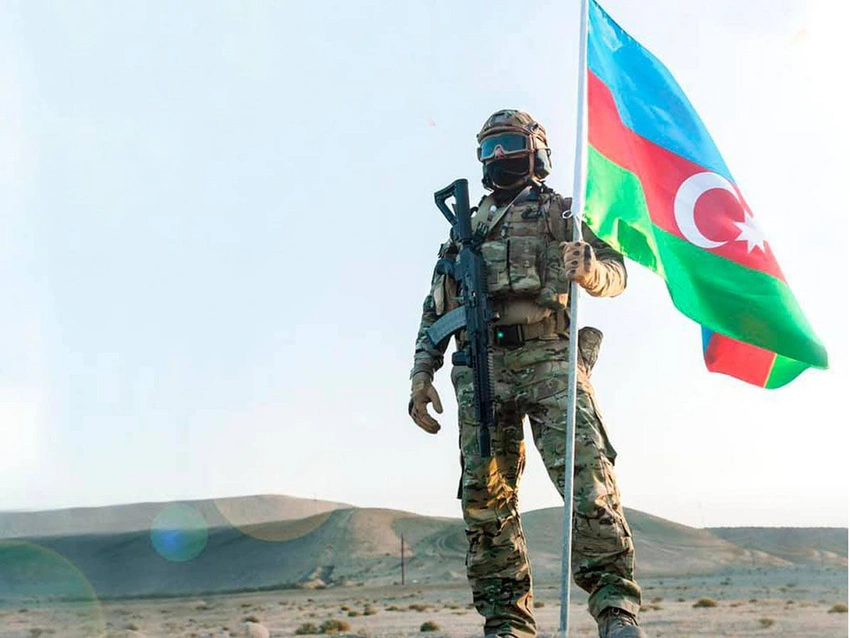
Azerbaijan has created new and more favorable conditions for stakeholders by clearing its lands from occupation. It is a contribution to the security of the South Caucasus, as well as the world. With its victory over the aggressor, Azerbaijan also helped to increase the prestige of international law, the UN, NATO, and other international organizations. Unfortunately, the OSCE Minsk Group was unable to make any progress in resolving the conflict. Four UN resolutions were not implemented. Armenia disrespected this organization and international law. No sanctions were imposed on Armenia for the act of aggression.
What is the new reality created by Azerbaijan in the region?
It is a condition to build trust between the region's countries for cooperation and a contribution to peace and collaboration with the region. The new reality may manifest itself in supporting confidence-building measures between Armenia and Azerbaijan. It is the creation of conditions for the implementation of new economic, energy, and infrastructure projects.
The final document of the NATO summit shows that the new reality created by Azerbaijan in the region is gradually being accepted and taken into account by countries and international organizations.
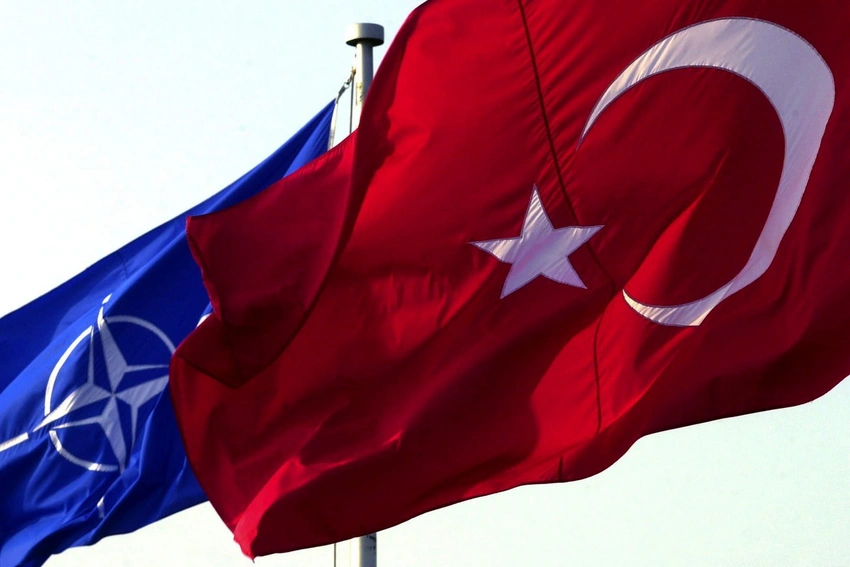
However, the lack of reference to the South Caucasus region, including Azerbaijan, in the final decision of the summit does not mean that its interest in the region has decreased. The role and participation of Turkey in the region in recent processes has increased. Turkish President Recep Tayyip Erdogan said in a video message to the NATO summit: "Turkey is leading and benefiting stability in all conflicts from Iraq to Afghanistan, from the Caucasus to the Balkans, from the Black Sea to the Mediterranean to Africa."
We should also consider that Turkey is one of the five leading countries in NATO for its strength, role, and other issues. The Alliance has always supported its steps. NATO's eastern borders end with Turkey.
Thus, with this document, the NATO summit reiterated to the whole world that conflict and aggression hinder regional development, security, and cooperation. It also acknowledges that Azerbaijan has cleared of occupation and occupiers.
